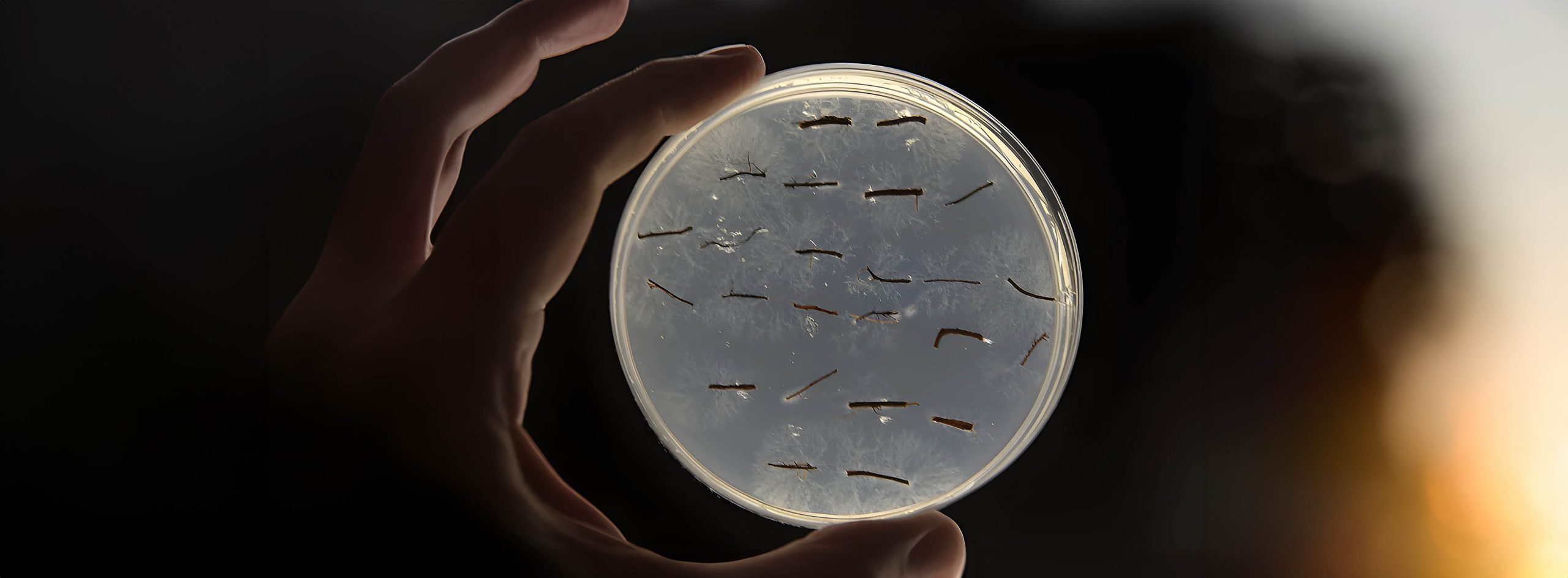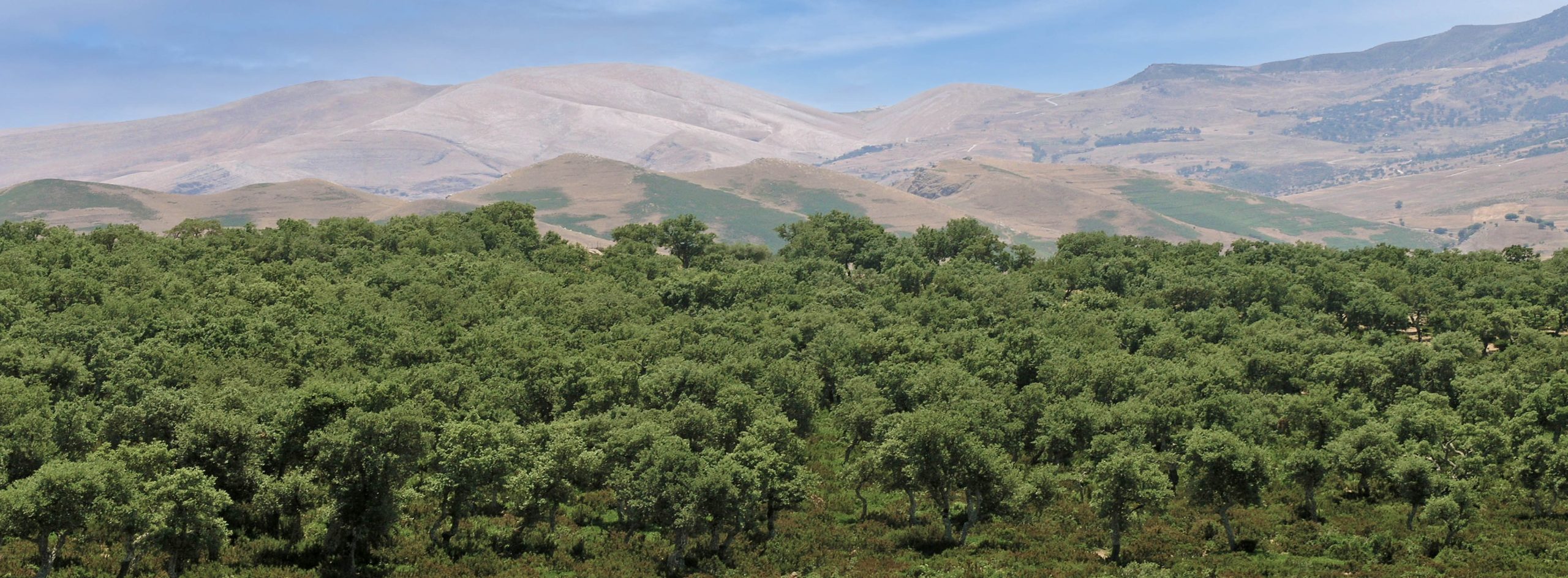Cork is a biological material that supports an integrated value chain from the forest to the industry that has a significant economic, social and ecological impact in the regions where cork is produced and processed.

Cork is a renewable and sustainable raw material, with unique inherent properties that make it suitable for a wide range of applications. Cork is not only used in closing wines, but also in different sectors where is an alternative to fossil-based and non-renewable raw materials. Spain is the second world’s major cork producer after Portugal.
The use of cork contributes to the conservation of cork oak forests (Quercus suber L.) that are extremely well adapted to semi-arid regions where prevent desertification, give rise to other environmental benefits and are an important habitat for many flora and fauna species. In addition, cork oak forests contribute significantly to rural development in the areas where they are located, generating employment opportunities. However, cork oak forests are threatened by many hazards most of which are aggravated by climate change, such as scarce natural regeneration, aging of cork oak forests and the Iberian oak decline disease, among others. In order to deal with this vulnerable situation for cork oak forests, we propose to follow the climate-smart forestry (CSF) approach that considers the whole value chain and is focused in three pillars:
Mitigation
For reducing net greenhouse gas emissions to the atmosphere
Adaptation
For promoting the resilience of forests to climate change
Social dimension
For sustainably increasing forest productivity and economic well-being on the basis of forestry
The main objective of the ACICORK project is to design a climate-smart forestry tailored to the cork value chain by developing and improving innovative tools for the forest management of cork oak forests using geospatial techniques.


